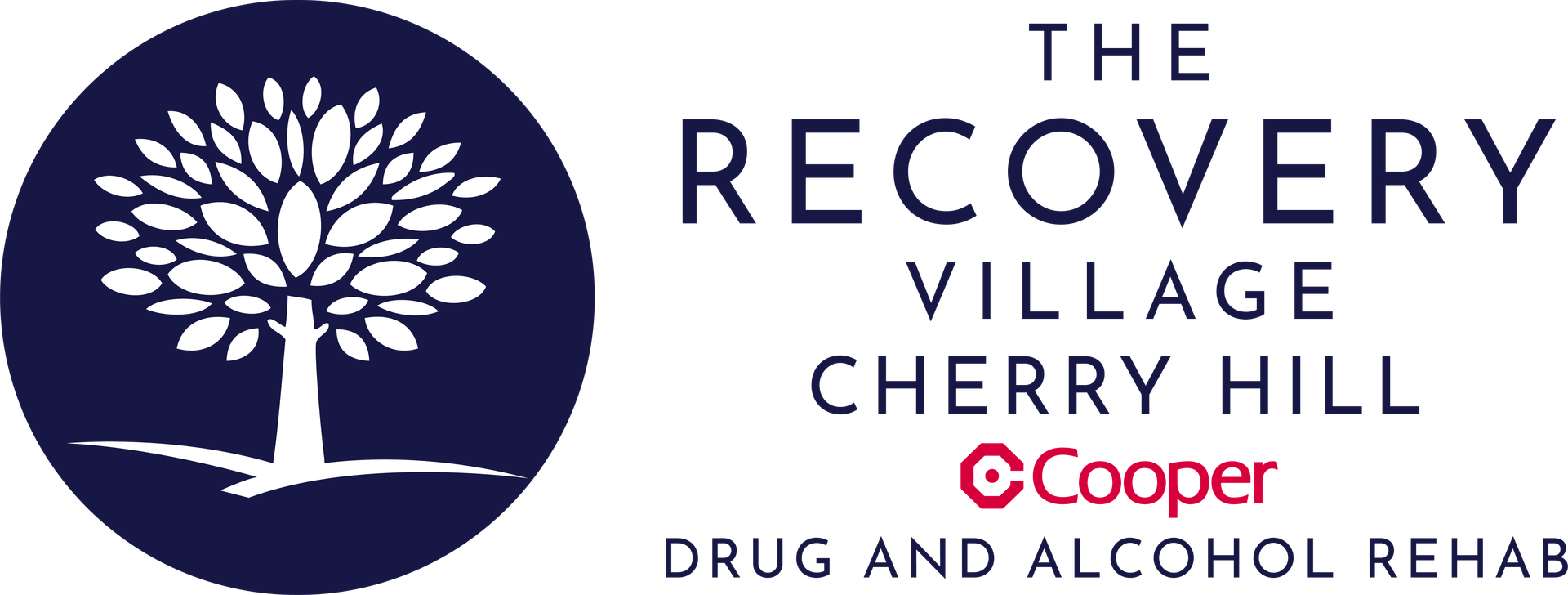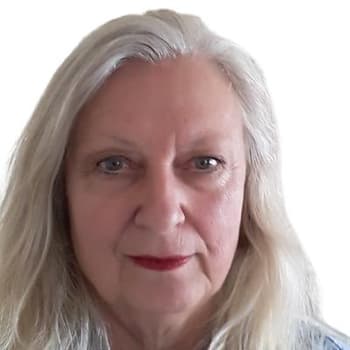A substance use disorder can worsen symptoms of bipolar disorder, so finding the right treatment is essential for recovery.
Bipolar disorder is characterized by shifts in energy, mood and activity in a way that impacts the person’s everyday life. It’s normal for anyone to experience typical ups and downs, but for someone with bipolar disorder, these shifts are extreme. It is estimated that 4.4% of U.S. adults will experience bipolar at some point in their lives.
Bipolar disorder frequently co-occurs with substance use and dependence. One study found that approximately 60% of people with bipolar I disorder (a more severe form) also had co-occurring substance abuse. Approximately 48% of those with bipolar II disorder (less severe) had co-occurring substance abuse or dependence. In particular, there is a high co-occurrence rate between bipolar disorder and alcohol use disorder.
Adding substance abuse to bipolar disorder worsens bipolar symptoms and is related to rapid cycling between mania and depression, and increased suicidal thoughts and actions. This negatively impacts long-term stability and happiness.
The Connection Between Bipolar and Drug Addiction
The hallmark of bipolar disorder is mood swings alternating between depression and mania. Alcohol, and other substance use and abuse, can cause a person to destabilize further, resulting in more frequent cycling between mania and depression. This destabilization can lead to more aggression toward themselves or others, possibly resulting in violence and suicide.
Recovery Can Be Life Changing
Whether you or a loved one is struggling with addiction, our expert team is here to guide you every step of the way. Don’t wait— reach out today to take the first step toward taking control of your life.
“My life has became something that I’m proud of and something I can be grateful for.“
– Joseph McDermott, The Recovery Village Cherry Hill Alumni
If a person uses substances to self-medicate, they may not know that their moods and irritability come from a mood disorder. Substance use can mask symptoms, leading someone to feel that depression or mania is normal for them.
Many bipolar people enjoy the mania associated with the condition. They may use substances to try to heighten or extend the manic period. Mania can result in periods of intense creativity and productivity, but it can also cause problems such as impaired judgment, leaving the person open to the consequences of poor choices.
Once a bipolar diagnosis is made, it is crucial to treat both disorders together. When someone with bipolar is in detox for a substance use disorder, bipolar symptoms such as depressed or euphoric mood may have a greater impact, complicating early recovery.
Treatment of Co-Occurring Bipolar and Substance Use Disorder
Substance abuse, including alcoholism, can worsen the clinical course of bipolar disorder. Bipolar people who are using substances are more likely to be hospitalized and often experience earlier onset of the disorder. They may experience more rapid cycling and more mixed mania, or depression and mania occurring at the same time.
For many, substance use disorder complications can mask bipolar symptoms. It may take several intake sessions to diagnose the co-occurring disorders.
Medication and psychotherapy are critical for both conditions. Stabilization is important in all parts of the patient’s life, but especially for mood swings and the patient’s sobriety. Medication and psychotherapy can help provide the person with tools to stabilize.
Medications for Bipolar and Substance Use
The medications most frequently used for treating bipolar disorder are the mood stabilizers lithium and valproate. Naltrexone can also be helpful. Because evidence suggests that alcohol consumption can worsen bipolar symptoms, naltrexone may be used to decrease alcohol consumption and cravings in people with bipolar.
Lithium has been the treatment of choice for bipolar disorder for years. However, its use with bipolar disorder when it co-occurs with substance abuse may not be as effective. Several studies have shown that a substance use disorder, particularly alcohol, is a predictor of poor response to lithium. People with an alcohol use disorder appear to be at greater risk for developing mixed mania and rapid cycling.
Antipsychotics such as quetiapine (Seroquel) or olanzapine (Zyprexa) can be used alone or in combination with other medications, such as lithium and antidepressants (SSRIs) to treat mania and depression. SSRIs such as Zoloft can trigger a manic or hypomanic episode when not used in combination with other medications, so proper precaution is essential.
Psychotherapy for Bipolar and Substance Use
Psychotherapy is also a key component of treating co-occurring substance abuse and bipolar disorder. Therapy should focus on both disorders. Many approaches have proven successful for co-occurring substance abuse and bipolar disorder:
- Cognitive-behavioral therapy (CBT): CBT involves identifying and changing negative thoughts, behaviors and beliefs, modifying them into more healthy patterns of living. Over time, these modifications allow better decision-making, leading to improved emotional health.
- Family-focused therapy (FFT): FFT helps families understand and develop strategies to work with their loved ones who are receiving treatment. It focuses on helping families develop better communication and problem-solving skills.
- Interpersonal and social rhythm therapy (IPSRT): IPSRT works with the individual, imparting information about their disorders, treatment options and helping the person develop coping strategies. Social rhythm therapy focuses on identifying upsetting situations and stabilizing them to help reduce emotional distress. Interpersonal psychotherapy helps a person understand and cope with interpersonal problems, which could be a trigger for relapse or mood swings.
Treating both conditions can increase the likelihood of positive outcomes, especially when treatment uses integrated programs designed to treat the whole person. The Recovery Village Cherry Hill at Cooper is one such treatment center. The Recovery Village provides integrated treatment for the co-occurrence of substance abuse and bipolar disorder.
What Is Bipolar Disorder?
Bipolar disorder used to be called manic depression. It is a mood disorder that is marked by severe fluctuations in mood from euphoria to severe depression. It could go undiagnosed and untreated for years.
There are a few separate disorders under the bipolar disorder umbrella, including bipolar I, bipolar II, and cyclothymia.
- Bipolar I is characterized by manic episodes that last for at least a week and depressive episodes that last for at least two weeks.
- Bipolar II disorder is characterized by episodes of hypomania, a less severe form of mania. This may be mixed with depressive symptoms, which last for at least four days in a row and are not severe enough to require hospitalization.
- Cyclothymia will involve frequent fluctuations between low-level depressive symptoms and hypomania. The condition is chronic, often lasting for years.
Research is continuing into the underlying causes of bipolar disorder. It’s currently believed that several risk factors may combine to cause the disorder:
- Brain structure and function: Brain chemistry appears to play a role in causing bipolar disorder. Imbalances in neurotransmitters such as noradrenaline, serotonin and dopamine appear to play a part.
- Genetics: People who have a blood relative with the disorder may be at greater risk of developing the disorder.
- Environmental factors: Emotional triggers such as relationship troubles, trauma, illness, stress or the death of a loved one can trigger an intense emotional response. This may play a part in altering a person’s brain chemistry.
Bipolar 1 and Bipolar 2
Bipolar I is the most severe form of the disorder and is marked by at least one manic episode. A manic episode is signaled by a period of time during which a person feels a persistently high, excited or irritable mood and feels aggressively compelled towards goals or behaviors, often to the detriment of other functions like eating or sleeping. The disturbance is enough to cause significant impairment in daily functioning.
Bipolar II is similar to bipolar I. The symptoms are usually the same, but the mania is less severe. This experience includes more energy and less need for sleep, but it does not impair functioning to the same level as bipolar I.
In bipolar I disorder, one or more major depressive episodes usually occur but are not required for a diagnosis. Bipolar II disorder, however, does involve at least one major depressive episode for a diagnosis.
Bipolar Disorder Symptoms
Bipolar symptoms can be divided between those on the manic side and those on the depressive side. On the manic side, a person may:
- Have an inflated self-esteem
- Have decreased need for sleep
- Speak as if highly pressured
- Have racing thoughts
- Be easily distracted
- Be more impulsive
- Be easily agitated
- Involve themselves in pleasurable activities that may have harmful consequences (e.g., gambling, promiscuous sexual encounters, unrestrained buying sprees, sexual indiscretions, or hasty business ventures.)
On the depressive side, a person may experience:
- Sleep disturbances
- Feelings of sadness or hopelessness
- Crying episodes
- Severe fatigue or lethargy
- Loss of interest in things they usually enjoy
- Recurring thoughts of death or suicide
Cycling between these states can wreak havoc on an individual’s life, career and relationships. Understanding the person’s experiences to help them find solutions can change the trajectory of their life.
FAQs
Can bipolar cause addiction?
Like many mental health disorders, bipolar disorder is a risk factor for addiction.
Why do individuals with bipolar disorder use drugs?
Bipolar mood swings can be difficult to handle. Many bipolar people self-medicate to control symptoms long before they are diagnosed.
Are medications for treating bipolar addictive?
Typically, no. Mood stabilizers are not addictive. However, sometimes a physician will prescribe a benzodiazepine to relieve symptoms of anxiety, agitation or insomnia until the mood stabilizers take effect. Benzodiazepines can be addictive.
Effects of Substance Use on Bipolar Symptoms
Use of central nervous system stimulants, such as cocaine and amphetamines, can produce mania-like symptoms including euphoria, increased energy and paranoia, while withdrawal from stimulants can produce depressive symptoms, like apathy, lethargy and suicidal thoughts.
Chronic use of central nervous system depressants such as alcohol, opioids and benzodiazepines can result in poor concentration, sleep disturbances and loss of pleasure. Withdrawal from central nervous system depressants can increase anxiety and agitation.
Helping Someone with Bipolar Disorder and Drug Addiction
Integrated co-occurring disorders treatment greatly enhances positive outcomes in therapy when it comes to co-occurring bipolar disorder and substance use disorder. Many treatment centers now offer integrated, comprehensive treatment for co-occurring disorders. In the New Jersey area, you can get help at The Recovery Village Cherry Hill at Cooper.
Our fully accredited treatment center provides both inpatient and outpatient programs for addiction and co-occurring mental health conditions. Contact us today to learn more about treatment programs that can simultaneously address your substance use and bipolar disorder to get you on your way to lifelong recovery.










